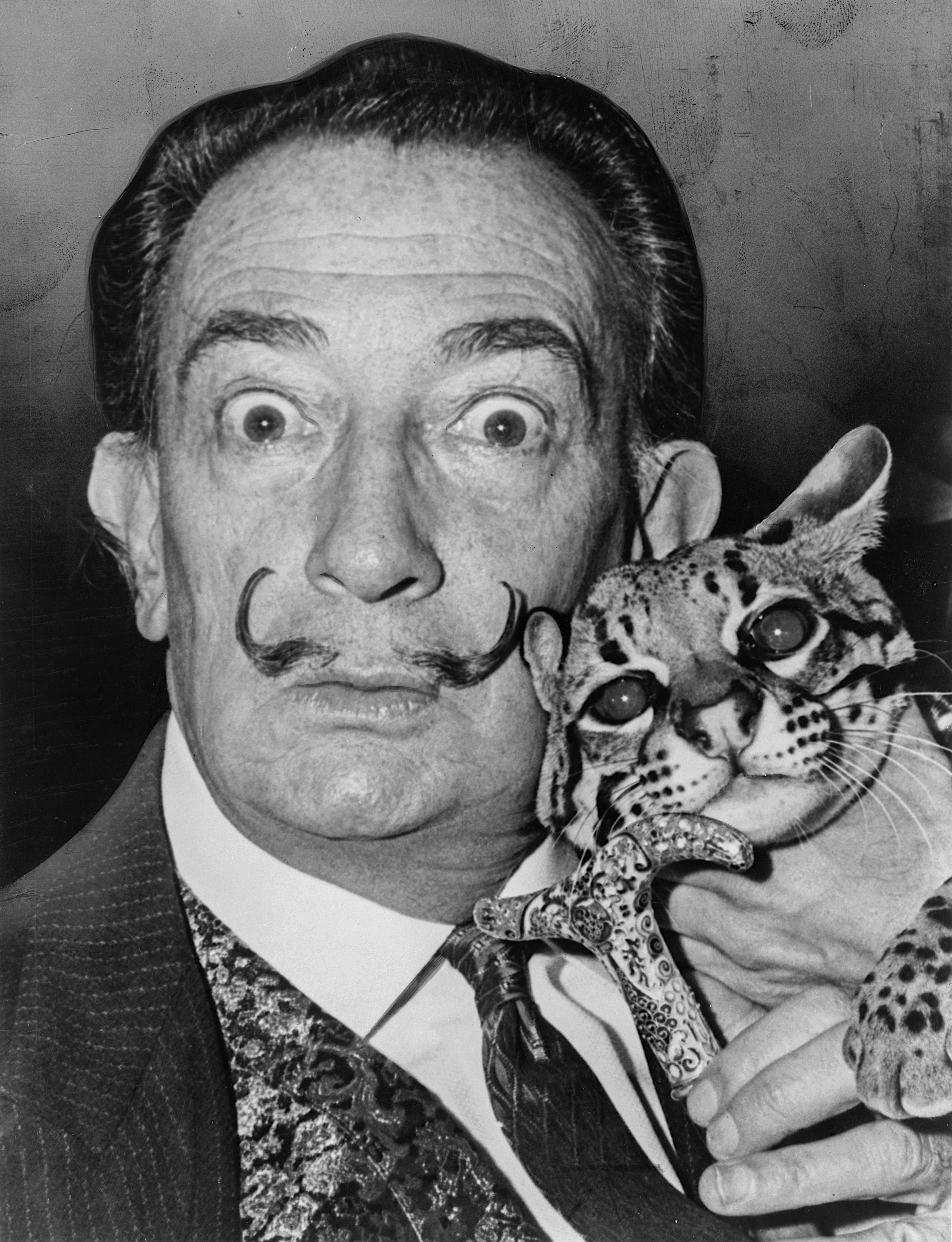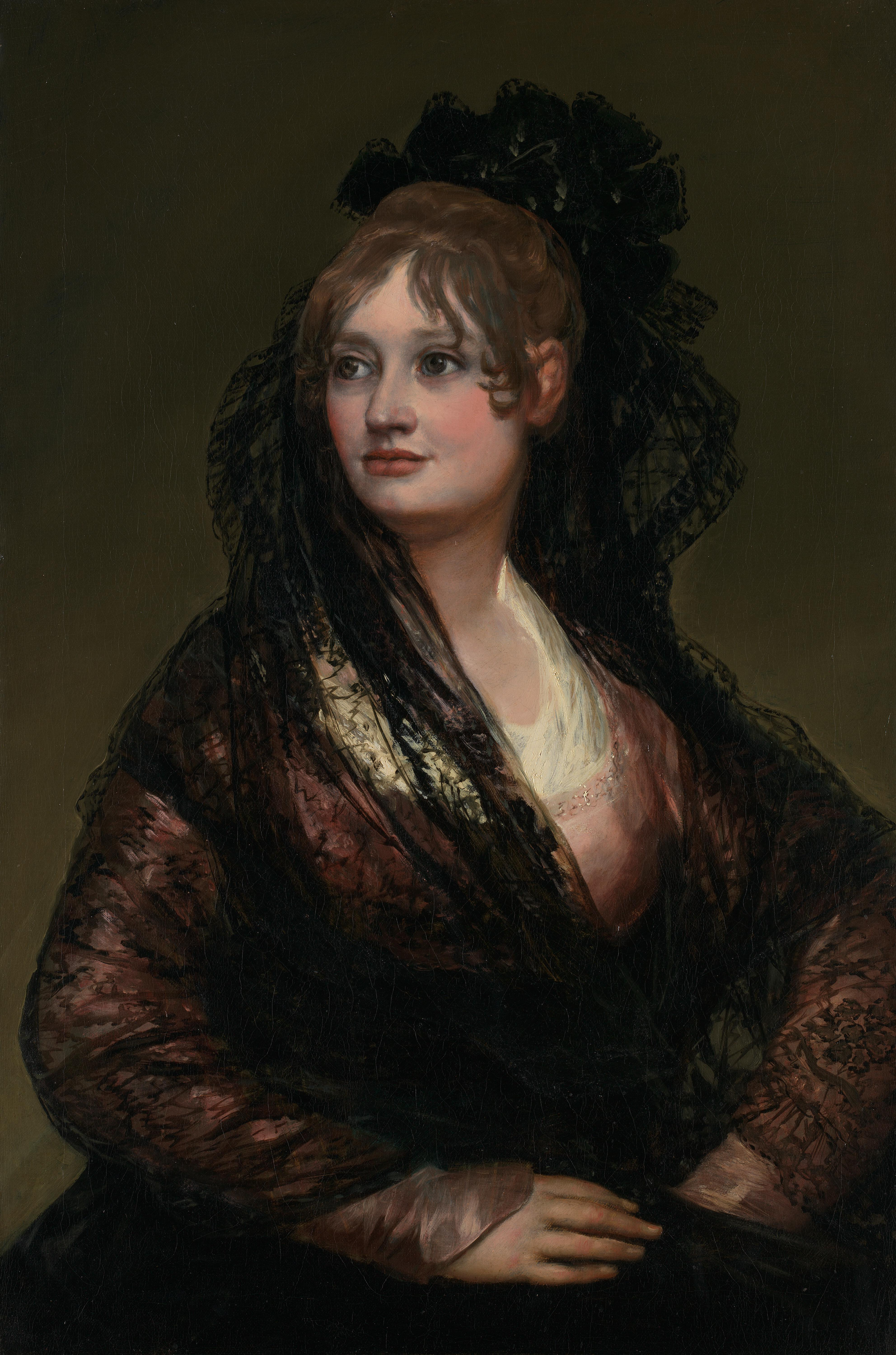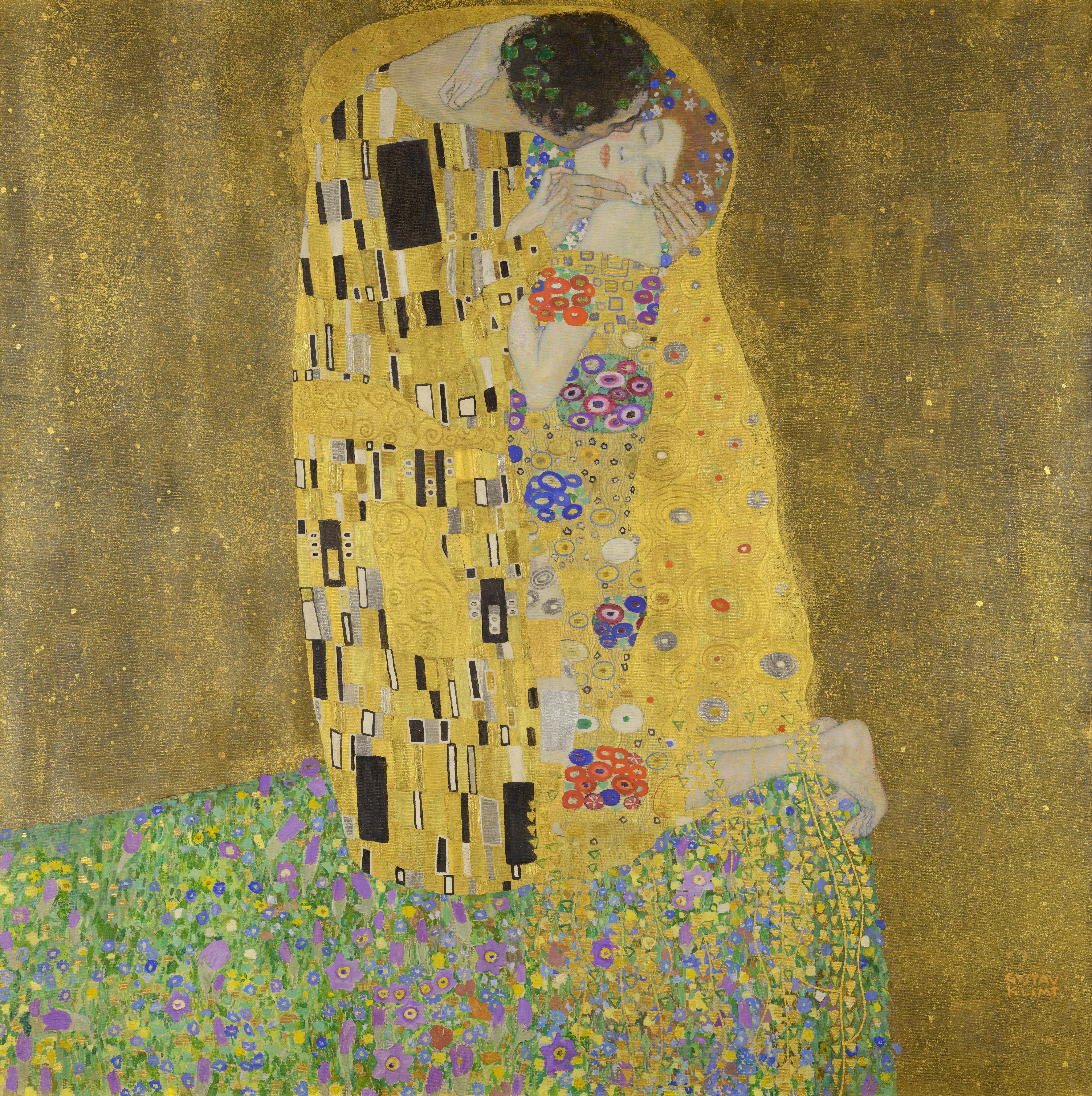
Now let’s talk about the intriguing figure, Salvador Dalí. This man was not only a remarkable artist but also held a high IQ.
Who was he? Dalí was a Spanish surrealist artist, known for his distinctive style and outlandish personality. His most famous work, “The Persistence of Memory,” showcases his unique creative genius.
Dalí’s IQ was reportedly 175 – a score that’s considered ‘extraordinary genius’. And it doesn’t take a genius to see that his work was certainly a reflection of his intellect!
Remember, an IQ over 140 is considered ‘near genius’ or ‘genius level’. So by this standard, Dalí was far ahead of his time and his contemporaries.
His high IQ played a pivotal role in his vivid imagination. His ability to visualize and then paint such unique images is evidence of his extraordinary intellect.
While many might argue that IQ isn’t everything, it certainly can show potential. In Dalí’s case, it manifested in his artistic flair.
So, in a nutshell, Salvador Dalí was not just an artist. He was an intellectual with an amazingly high IQ. His work stands as a testament to his genius.
Salvador Dalí’s Early Life and Education
Salvador Dalí, a notable figure in surrealism, was born on May 11, 1904 in Figueres, Spain. The artist showed talent from an early age. His parents encouraged his artistic pursuits. They built him an art studio before he entered school. They recognised his unique talent early on..
Dalí first attended a drawing school when he was ten. Artistic training was important to him. He was a keen student, always wanting to learn more. At the tender age of 14, Dalí’s work was showcased in his hometown. It was a public exhibition in the municipal theatre.
Higher Education
In 1922, Dalí moved to Madrid. He enrolled at the Real Academia de Bellas Artes de San Fernando. The school was prestigious. Many great artists had studied there. Dalí immersed himself in different artistic styles. He experimented to find his voice. The academy had a profound influence on his style.
While at the academy, Dalí formed strong bonds. He interacted with future artistic and literary figures. He was part of the group that published a magazine called “L’Amic de les Arts”. This magazine was instrumental in promoting the Catalan avant-garde. Dalí’s bohemian lifestyle at this period was a key part of his education.
However, his time at the academy was cut short. Dalí was expelled from the academy in 1926. This happened right before his final exams. The reasons were controversial. Dalí had stated that no one on the faculty was competent enough to examine him.
Despite this setback, Dalí continued to paint. His early works showed influences of many different styles. This included Impressionism, Cubism and even some elements of Italian Renaissance. By the late 1920s, Dalí was already showing signs of the surrealist style he would become famous for. He had started to develop his unique approach to art, and his career was just about to take off.
As we see, Salvador Dalí’s early life and education were instrumental in shaping his career.
Speculations and Claims About Salvador Dalí’s IQ
Surrealist master Salvador Dalí has always been a subject of speculation regarding his IQ. Many have assumed he was far above average, given his incredible artistic talent and innovative thinking.
From an early age, Dalí exhibited a keen interest in art and philosophy. This sparked a notion in his contemporaries and later critics that he must have been a genius.
Some have even claimed that Dalí’s IQ level was as high as 175. That’s on par with the likes of Einstein and Stephen Hawking! This, however, is purely speculative as no official records of Dalí’s IQ exist.
Throughout his life, Dalí’s eccentricity often got mistaken for genius. Some saw his bizarre behaviour as synonymous with high intelligence.
Dalí’s extraordinary creativity and unique perspective are what fuel these speculations. The way he used symbols and metaphors in his artwork gave people the impression of an incredibly high IQ.
He had an uncanny knack for creating complex and layered narratives in his paintings. Many believe this can only be attributed to a high level of intelligence.
Despite the lack of solid evidence about his IQ, the general public opinion leans toward Dalí being a genius. It’s a testament to the profound impact of his work on art and popular culture.
Then again, IQ is just one measure of intelligence. It doesn’t account for creativity, emotional intelligence, or the ability to see the world in a unique way, all of which Dalí clearly possessed.
While we may never know Dalí’s exact IQ, it’s clear his intelligence was exceptional. His imaginative art and larger-than-life persona continue to captivate us even today.
In the end, does it really matter? Regardless of his IQ, Dalí’s genius is undisputed. His masterpieces speak for themselves.
Salvador Dalí’s Intellectual Achievements
Salvador Dalí, beyond his eccentric and flamboyant personality, was an epitome of intellectual depth. His intellectual prowess was visible in his prodigious artistry, scientific interests, and profound philosophical explorations. Such characteristics could be indicative of a high IQ.
Dalí’s artistic achievements alone are a testament to his intellectual capabilities. His iconic painting, ‘The Persistence of Memory,’ is a fusion of Freudian psychology with quantum physics. His ability to wield such complex theories through the medium of art speaks volumes of his intellectual capacity. Furthermore, his revolutionary ‘paranoiac-critical method’ — a technique of accessing the subconscious for greater artistic creativity — is a clear representation of his advanced cognitive abilities.
Master of Multidisciplines
Not just limited to art, Dalí was also fascinated by mathematics and science. His exploration of the fourth dimension and fractal geometry in works such as ‘Corpus Hypercubus’ and ‘The Swallow’s Tail’ shows an exceptional ability to understand and interpret complex scientific theories. An individual’s capacity to master multiple disciplines is often viewed as a strong indicator of a high IQ.
Philosophical Explorations
Dalí was a philosophical maverick as well. His exploration of existentialism and surrealism, his meditations on time and memory, and his profound understanding of human consciousness are indicative of his deep thinking abilities. Being able to delve into such sophisticated philosophical concepts suggest a high level of intelligence.
Dalí’s ability to amalgamate different fields and concepts, his ability to synthesize new and innovative ideas, and his profound understanding of complex theories all point towards a high IQ. His intellectual achievements were not confined to a single domain but spanned across art, science, and philosophy — a trait commonly observed in individuals with exceptional cognitive abilities.
Salvador Dalí’s IQ
Salvador Dalí, the renowned Spanish artist, had a flair for the surreal. His bold, imaginative works are evidence of a sharp intellect. We can’t be sure of his exact IQ, but we can make an educated guess.
IQ is a measure of a person’s cognitive abilities. It’s generally accepted that a score above 130 is considered highly intelligent. This is the realm of top thinkers, innovators, and, yes, artists too.
Considering Dalí’s creativity, originality, and ability to visualize complex abstract concepts, it wouldn’t be surprising if his IQ was in this range. Remember, many of his paintings, such as “The Persistence of Memory”, are packed with intricate details and thought-provoking themes.
But an IQ score doesn’t solely rely on creativity. There are other factors, like linguistic ability, logical reasoning, spatial awareness, and memory. Dalí wasn’t just a painter. He was a writer, a filmmaker, a sculptor, a jewelry designer, and a performance artist too. These accomplishments indicate a versatile and highly developed intellect.
What’s more, Dali’s eccentric personality and unconventional thinking could be indicative of a high IQ. Many studies have found a correlation between creativity, non-conformity, and high intelligence. The tendency to think ‘outside the box’ is often a sign of advanced cognitive abilities.
So, how high was Dalí’s IQ? Without concrete data, it’s hard to say. But if we weigh his artistic achievements, his versatility, and his eccentricity, a ballpark estimate would be in the region of 140-160. That’s well above average, putting him in the company of notable intellectuals and creative geniuses.
It’s important to note, however, that IQ is just one aspect of intelligence. Emotional, social, and practical intelligences matter too. And judging by Dalí’s ability to captivate audiences, navigate the art world, and leave a lasting legacy, he was smart in more ways than one.
So, while we can’t say for certain, it’s reasonable to assume that Dalí’s IQ was considerably high. His life and work are testament to an extraordinary mind, one that continues to inspire and intrigue to this day..












